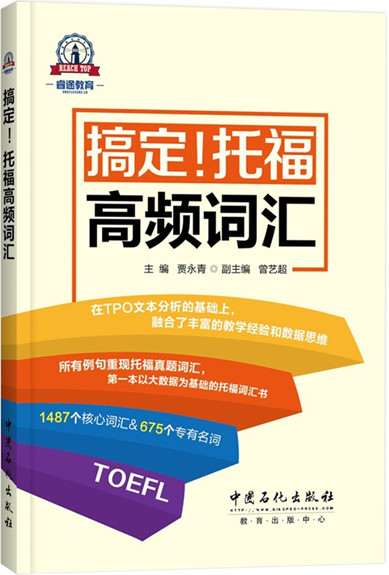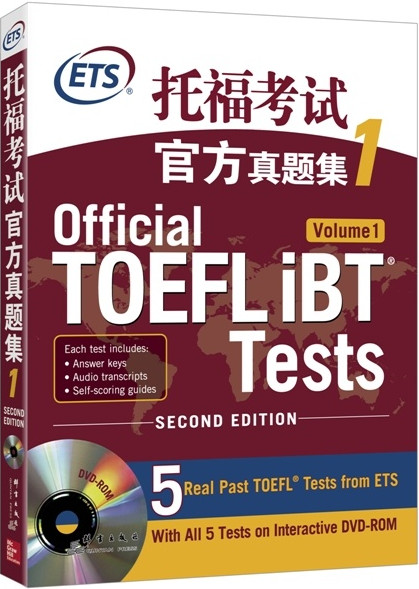托福考试作文范文:菲律宾拟立法允许离婚
Philippines moves closer to allowing divorce
The Philippines' lower house of Congress(菲律宾国会下议院/众议院) has passed a divorce bill(离婚法案) on the third reading, moving the country closer to legalisation(合法化).
The bill passed despite opposition(反对) from President Rodrigo Duterte, who had his own marriage legally annulled(通过法律途径宣布失效).
However, for divorce to become legal the Senate(参议院) also has to pass a bill in favour(赞同), and even then Mr Duterte could still use his veto(否决权) to strike it down(将其掰倒,即否决).
Worldwide(全球范围内), divorce is only illegal(违法的) in the Philippines(菲律宾) and Vatican City(梵蒂冈).
Over 80% of people in the Philippines describe themselves as Catholic(天主教), and the church has a powerful influence(影响力很大) in the country.
Congresswoman Emmi de Jesus said the bill was filed because of a "clamour(喧哗) of women trapped in(受困于) abusive(虐待的) relationships", who need the government to give them a means(途径) out of "irreparable(无法修复的) marriages".
The Divorce Bill, or House Bill 7303, passed with 134 votes in favour and 57 against, with two abstentions(以134票赞成票,57票反对票和2票弃权票获得通过).
What can Filipinos currently do to get out of a marriage?
Currently, the only means to end a marriage legally in the Philippines is annulment(判决无效).
Such a ruling(判决) requires a civil case(民事案件) in which spouses(配偶) have to undergo mental health tests(接受精神状况测试) and testify in court(出庭作证), all in a bid to(努力争取) have a judge declare a marriage invalid(宣判婚姻无效).
Such cases can last up to ten years and are generally expensive. President Duterte won his annulment before he entered office(指担任总统).
His spokesperson(发言人), Harry Roque, said the president feared the divorce bill would cause problems for the children of divorced couples.
What would the new bill allow?
This divorce bill would mean a court ruling could dissolve a marriage(解除婚姻) if it is deemed(被看作) "irremediably broken(不可修复的破灭)", allowing individuals to remarry another person of the opposite sex(异性).
The bill would also give courts the power to decide custody(监护权) "in accordance with(与......相一致) the best interests" of minors(未成年人). Children under seven could not be separated from their mothers unless there were "compelling reasons(令人信服的理由)" to do so.
Opposition leader(反动派领衔) Edcel Lagman, one of the bill's sponsors(支持者), said that in such divorce cases, "there is no more marriage to protect or union to destroy because the marriage has long perished(消失/死亡)".
The bill does not end the "steadfast(坚定的) commitment of the state to protect and preserve marriage(维持婚姻)", he said.
In any case, divorce will not become legal in the Philippines unless the Senate passes a so-called counterpart bill(通过一部所谓的对等的法案), which the upper house(上议院/参议院) has not even drafted(起草).
Legislators(立法者) have advanced(推动) numerous divorce bills since 1999, but until now they have all failed to pass committee stage(无法获得委员会的通过).
Polls(民调) suggest a narrow majority(微弱优势的多数派) in favour of(支持) divorce in the Philippines.
- 06-13·2018年托福写作模拟试题:选课
- 06-13·2018年托福写作模拟试题:永远不要相信瞬间的判断
- 06-13·2018年托福写作模拟试题:期末成绩如何决定
- 06-07·2018年托福考试作文范文(35篇)
- 06-07·托福考试作文范文:大学是否应该对所有人开放
- 06-072018年托福考试作文范文(35篇)
- 02-222018年托福写作模拟试题汇总
- 02-142018年托福考试独立写作范文汇总
- 11-282017年托福独立写作模拟试题汇总(15篇)
- 11-202017年托福独立写作模拟试题(4)
编辑推荐
- 模拟试题
- 历年真题





